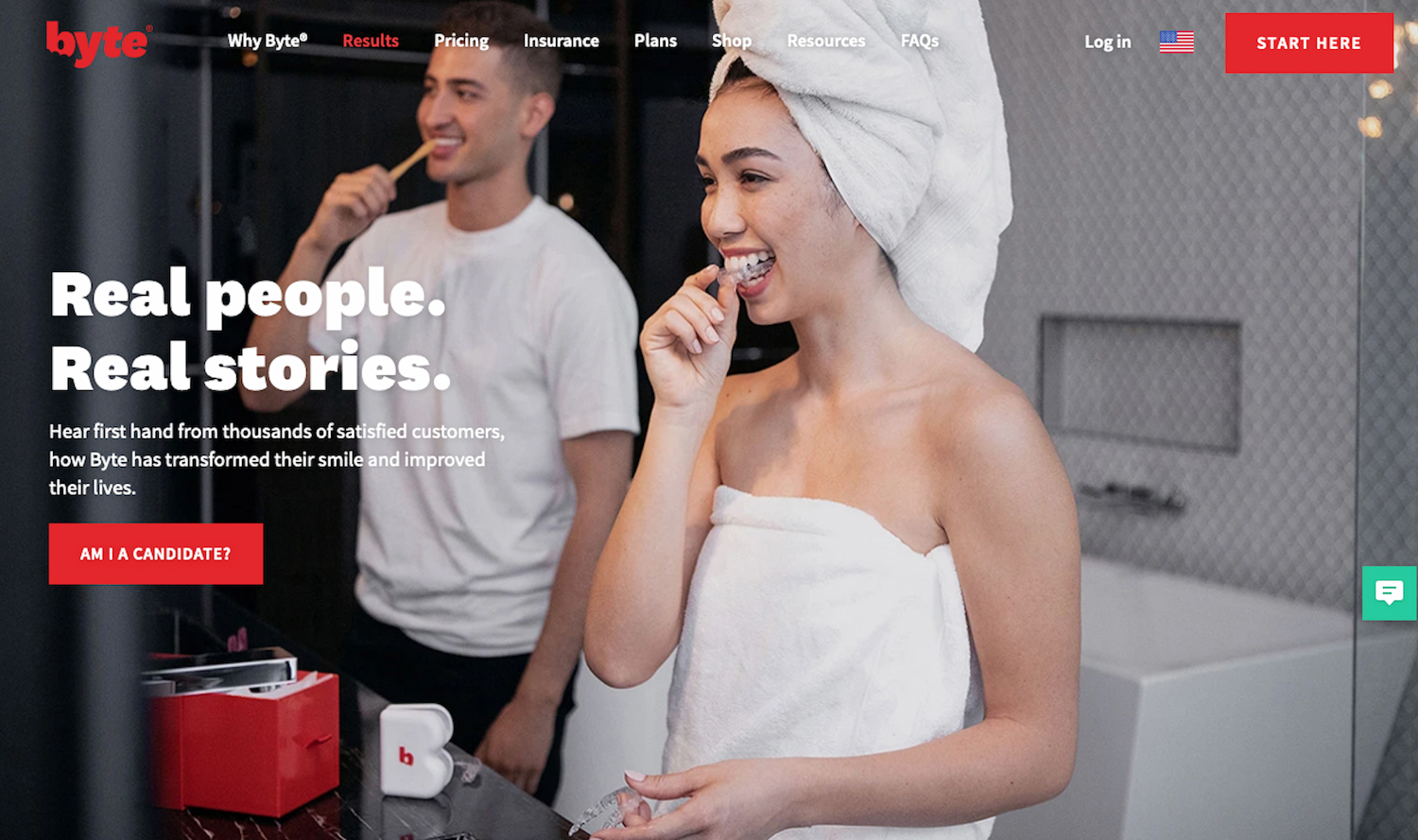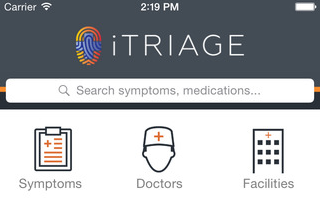
Byte Invisible Braces
NAD takes issue with blanket disclosure regarding incentivized reviews.
Health care app makes changes to data collection disclosures following self-regulatory review.
More than 15 million people have used the iTriage health care app as a symptom checker, doctor finder or medical reference tool, entrusting the app with sensitive information such as their health insurance carrier, medical conditions and procedures they’ve had done.
But for all the sensitive information that the app received, users had no idea of knowing which, if any, of the information was then shared with third parties, including advertisers who may then deliver interest-based targeted ads (aka IBA) to users. Even the app’s privacy policy did not reveal the answer, according to a recent inquiry by the Online Interest-Based Advertising Accountability Program, a self-regulatory advertising body that reviewed iTriage as part of its continuing review of health care apps.
The accountability program’s mobile guidance requires that apps clearly disclose to users when third-party data collection is used for IBA. So the self-regulatory body requested that iTriage, a wholly owned subsidiary of the health care provider Aetna, clarify to consumers how it shares users’ information with advertisers.
In response to the inquiry, iTriage said it does not collect nor feed sensitive information to third parties. But the company agreed to modify its app to better disclose its data collection practices, including adding a real-time notice feature when data is being collected and links entitled “Internet Based Ads” to the app itself and pages within Google’s and Apple’s app stores that include an opt-out mechanism.
The health care app is not the only app to be cited for this issue.
A simultaneous decision by the accountability program regarding a gaming app called Sonic Runners found similar compliance issues related to third-party data collection.
What’s all this mean for consumers? Be sure to read an app’s privacy policy and terms carefully before downloading that app so you know what data is being collected and how it’s being used.
Find more of our coverage on apps here.
Our Ad Alerts are not just about false and deceptive marketing issues, but may also be about ads that, although not necessarily deceptive, should be viewed with caution. Ad Alerts can also be about single issues and may not include a comprehensive list of all marketing issues relating to the brand discussed.
NAD takes issue with blanket disclosure regarding incentivized reviews.
Except when there’s battery damage.
Interested in 5G? Spectrum Mobile may not have you covered.


